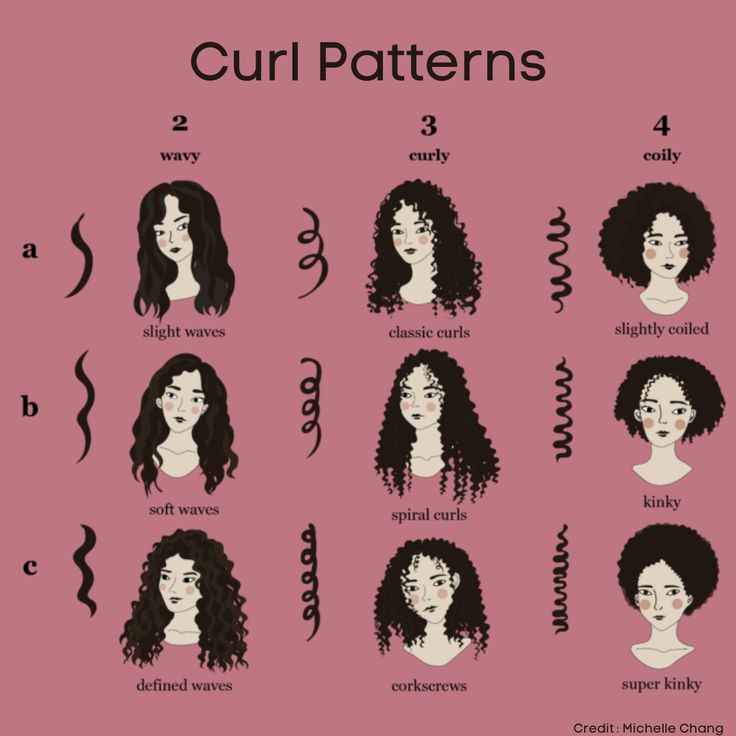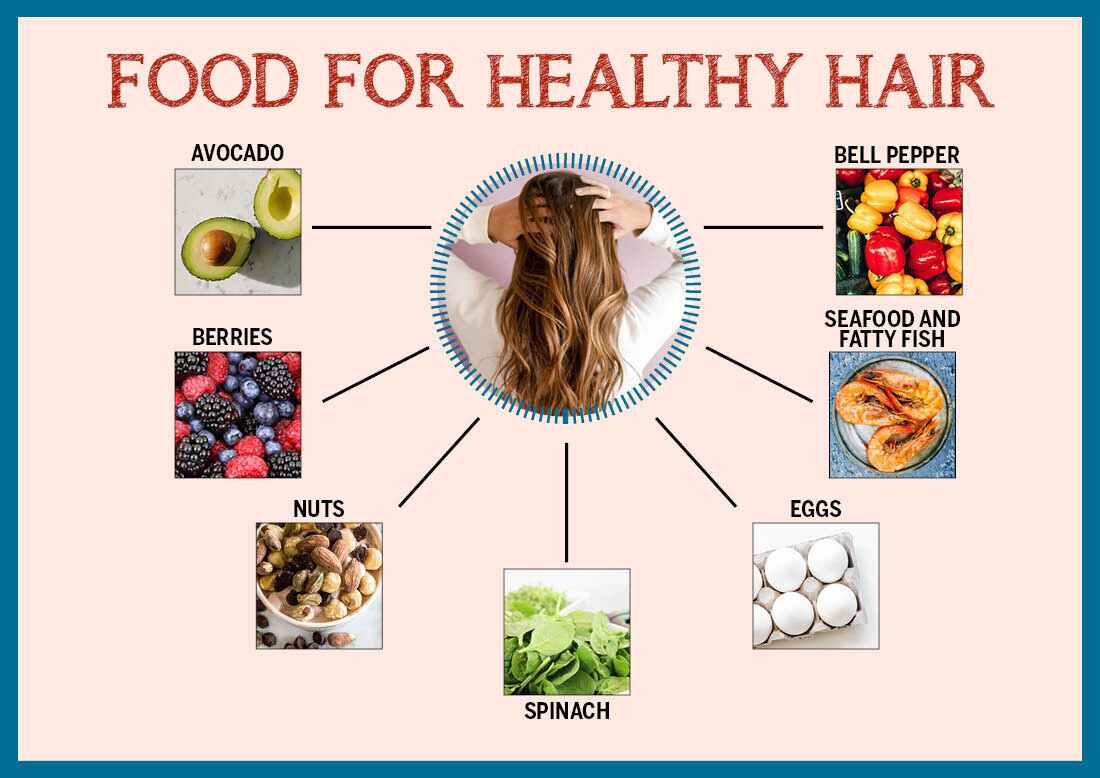Understanding the Causes of Hair Frizz is a common concern that many people experience, characterized by hair strands that stand up or curl independently, creating a fuzzy or unruly appearance. Understanding the causes of hair frizz is crucial for managing and preventing it. Here’s a comprehensive guide to the primary factors that contribute to hair frizz:
Table of Contents
1. Understanding the Causes of Hair Frizz: Hair Structure and Texture
- Porosity: Hair porosity refers to the hair’s ability to absorb and retain moisture. High porosity hair tends to absorb moisture quickly but loses it just as fast, making it prone to frizz. This condition can be a result of damage from chemical treatments, heat styling, or environmental factors.
- Curl Pattern: Naturally curly or wavy hair is more prone to frizz because the hair cuticle, which is the outermost layer of the hair, is raised. This raised cuticle allows moisture to enter and swell the hair shaft, leading to frizz.

2. Understanding the Causes of Hair Frizz: Environmental Factors
- Humidity: High humidity levels are one of the most significant contributors to frizzy hair. When the air is humid, hair absorbs excess moisture from the environment, causing it to swell and frizz.
- Weather: Dry and windy weather can strip moisture from the hair, leading to dryness and frizz. Similarly, sudden changes in weather can affect hair’s moisture balance.
3. Understanding the Causes of Hair Frizz: Hair Care Practices
- Washing and Drying: Over-washing hair can strip it of its natural oils, leading to dryness and frizz. Similarly, using hot water can open the hair cuticle, making it more susceptible to frizz. Rubbing hair vigorously with a towel can also raise the cuticle and cause frizz.
- Heat Styling: Excessive use of heat styling tools like blow dryers, curling irons, and straighteners can damage the hair cuticle, making it more prone to frizz.
- Chemical Treatments: Coloring, perming, and relaxing hair can weaken the hair structure and increase its porosity, leading to frizz.

4. Understanding the Causes of Hair Frizz: Product Use
- Incorrect Products: Using products that are not suitable for your hair type can contribute to frizz. For example, products containing alcohol can dry out the hair, while heavy products can weigh it down without addressing frizz.
- Lack of Moisture: Not using moisturizing products can leave hair dry and more susceptible to frizz. Hydrating shampoos, conditioners, and leave-in treatments can help maintain moisture balance.
5. Understanding the Causes of Hair Frizz: Mechanical Damage
- Brushing and Combing: Brushing hair when it’s dry can cause breakage and frizz. It’s better to use a wide-tooth comb on wet hair to detangle it gently.
- Pillowcases: Cotton pillowcases can cause friction, leading to frizz. Switching to silk or satin pillowcases can reduce this friction.

6. Understanding the Causes of Hair Frizz: Health and Diet
- Nutrition: A diet lacking in essential nutrients such as vitamins A, C, D, E, and omega-3 fatty acids can affect hair health. Proper nutrition supports healthy hair growth and prevents dryness and frizz.
- Hydration: Staying hydrated is crucial for maintaining healthy hair. Dehydration can lead to dry and frizzy hair.
Managing Hair Frizz
- Moisturize Regularly: Use hydrating shampoos, conditioners, and leave-in treatments to keep hair moisturized.
- Protect from Humidity: Use anti-frizz serums or oils that form a protective barrier against humidity.
- Limit Heat Styling: Reduce the use of heat styling tools and always use a heat protectant spray when you do.
- Adopt Gentle Practices: Avoid over-washing, use a microfiber towel or an old T-shirt to dry hair, and switch to a silk or satin pillowcase.
By understanding the various causes of hair frizz and adopting appropriate hair care practices, you can manage and reduce frizz effectively, leading to smoother, more manageable hair.


Normally I do not read article on blogs, however I would like to say that this write-up very forced me to try and do so! Your writing style has been amazed me. Thanks, quite great post.